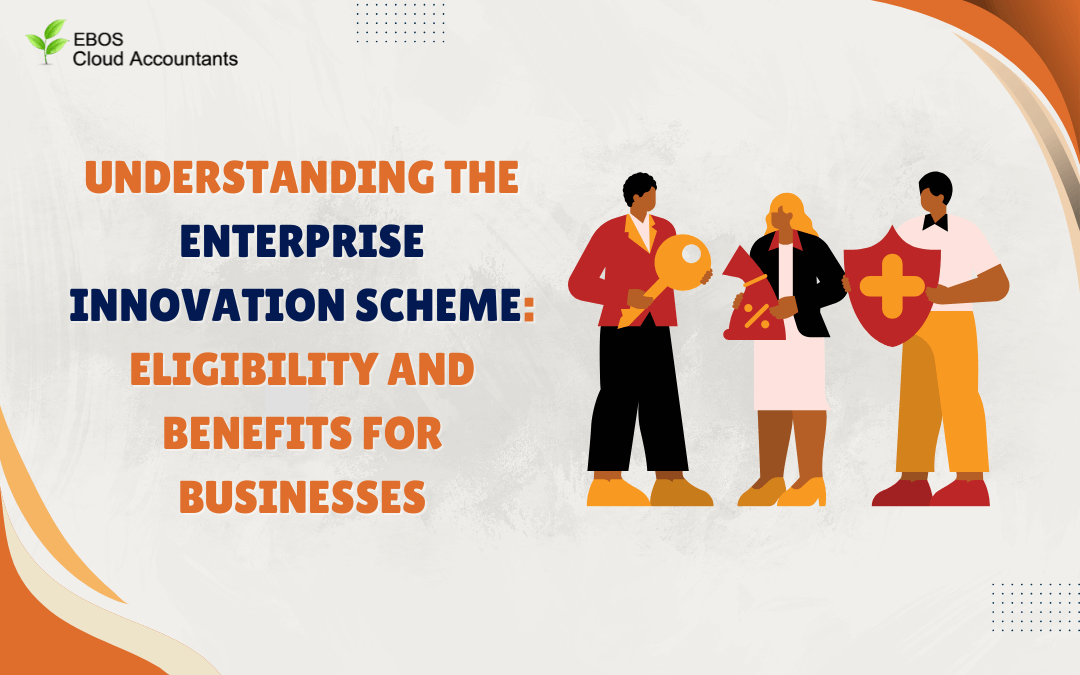The Enterprise Innovation Scheme (EIS) is a government-backed initiative designed to foster growth and innovation among businesses. By offering various incentives, the scheme aims to encourage companies to invest in research, development, and innovation. However, not all businesses qualify for EIS benefits. Understanding the eligibility criteria and associated benefits is crucial for organizations seeking to leverage this opportunity.
Eligibility Criteria
To benefit from the Enterprise Innovation Scheme, businesses must meet specific requirements:
- Nature of Business Activities: Companies must engage in activities that support innovation and research. This could include product development, technological advancements, or implementing new business processes.
- Qualifying Sectors: The scheme typically focuses on industries that drive economic growth, such as technology, healthcare, and renewable energy. Businesses operating outside these sectors may not qualify.
- Exclusions: Certain types of businesses, such as those engaged in financial trading, property development, or providing legal or accountancy services, are explicitly excluded from the scheme.
- Size of the Business: Small and medium-sized enterprises (SMEs) are often the primary beneficiaries of EIS, as they are more likely to need government support to innovate and grow.
- Residency: Businesses must usually operate within the country offering the EIS to qualify for its benefits.
Benefits of the Scheme
The Enterprise Innovation Scheme provides various incentives to eligible businesses, including:
- Tax Relief: Companies can receive significant tax deductions for qualifying research and development (R&D) expenditures, reducing their overall financial burden. This is particularly beneficial in jurisdictions like Singapore, where the Ministry of Manpower and Inland Revenue Authority of Singapore (IRAS) work together to offer favorable tax policies for innovative businesses.
- Grants and Funding: Businesses may have access to grants or low-interest loans to support innovative projects.
- Talent Development: EIS often includes provisions for employee training and skill development to enhance workforce capabilities.
- Market Expansion: Companies participating in the scheme may gain access to resources or networks that facilitate entry into new markets.
- Enhanced Competitiveness: By fostering innovation, businesses can improve their market position and develop a competitive edge.
Key Considerations
While the Enterprise Innovation Scheme offers significant advantages, businesses should carefully assess their eligibility and align their innovation strategies with the scheme’s objectives. Consulting with financial advisors or specialists familiar with EIS regulations can help ensure compliance and maximize benefits. Additionally, understanding how personal and business tax regulations interact—such as income taxes in Singapore—can provide further clarity and financial advantage.
Conclusion
The Enterprise Innovation Scheme is a valuable tool for businesses looking to invest in innovation and growth. By understanding the eligibility requirements and leveraging the benefits, companies can drive forward-thinking initiatives and position themselves for long-term success. For more details on the scheme and how it can support your business, consult relevant resources or government guidelines.
Check out our website at https://ebos-sg.com/ to explore more articles and discover how our Cloud Accountant Services can support you on your business.







